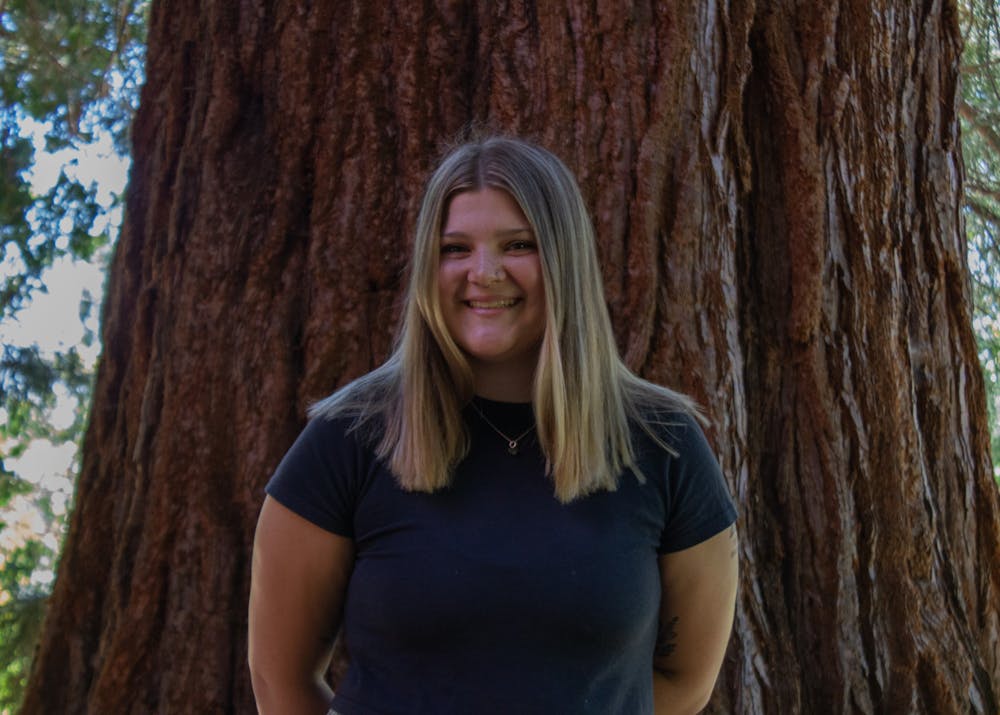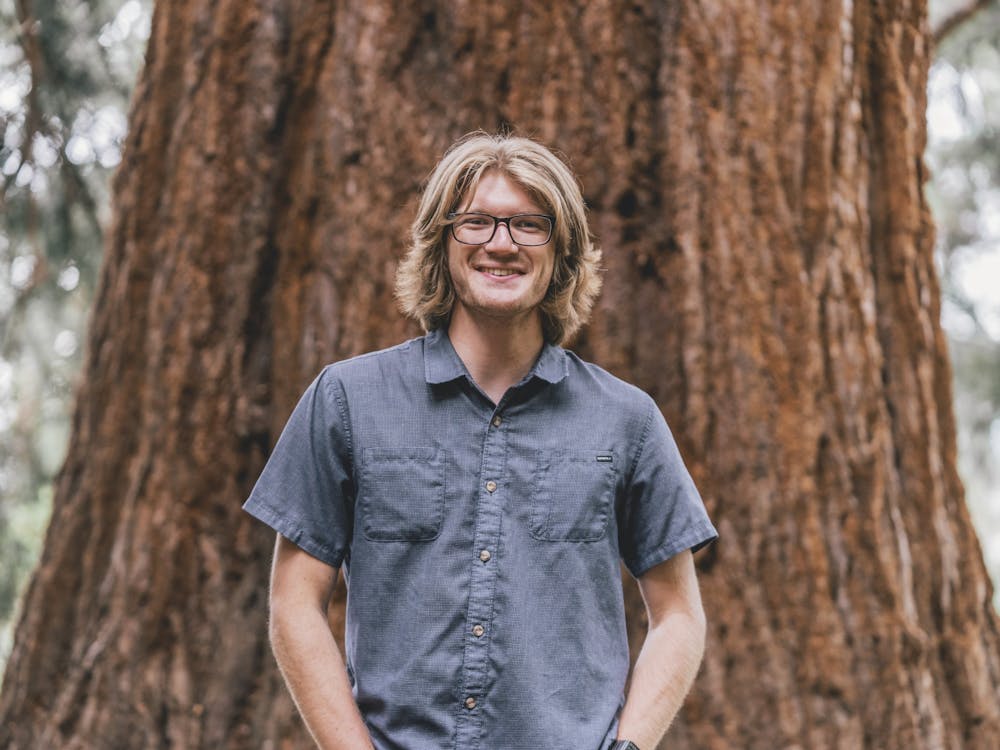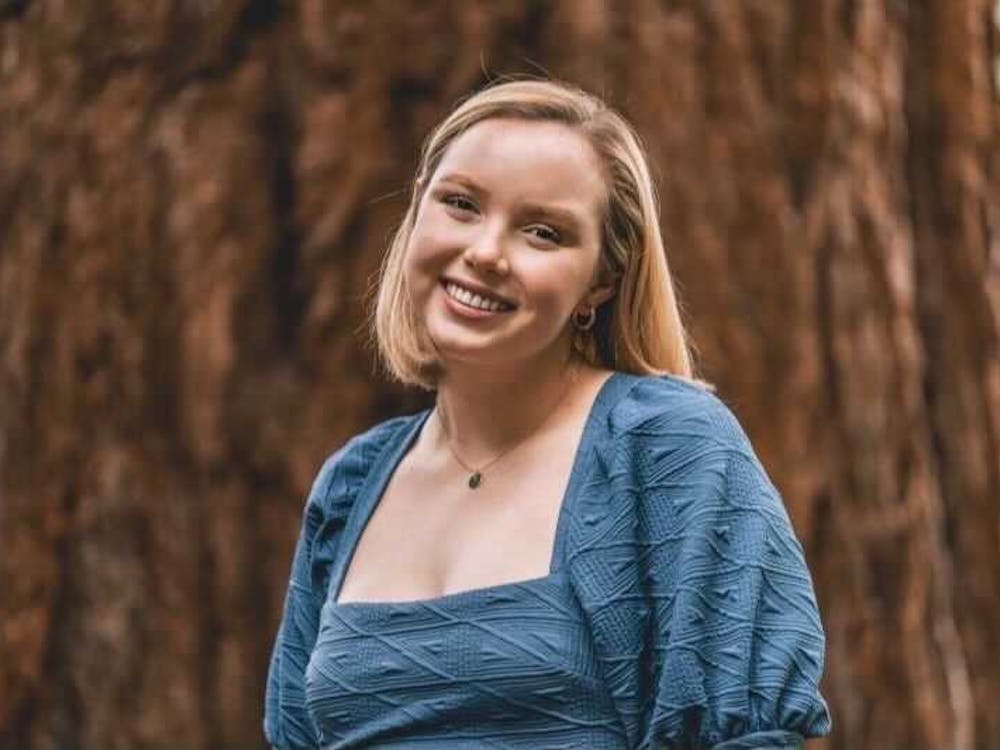Posting on social media, signing petitions, protesting and voting — it's how we make our voices heard. We live in a democracy. We are not supposed to be quiet and we are not supposed to “stay out” of politics.
I was 13 when Donald Trump was elected in 2016. I cried the morning I woke up to the results. I didn't really know why I was crying, I just felt scared. Being young during Trump's presidency came with a sense of helplessness. I couldn't vote, but I could protest, sign petitions, donate, email and send letters to politicians. But all of it feels so trivial compared to a vote.
The first time I voted I felt so powerful. The feeling of helplessness finally subsided. I constantly think about how helpless the people who don't vote are, but then I remind myself that it's not helplessness — it's selfishness and ignorance.
Whether we like it or not our entire lives depend on the unpredictable world of politics. Maybe it's just because I am a political science major, but I truly believe that every single vote matters. Not voting is no longer an option. It is a privilege to vote in the first place, so do it for the people that can't.
During the most recent midterm elections, reproductive rights were on the forefront of discussion in almost every state. Many states had gun and crime policy measures that protected the safety of children in schools on the ballot. In Oregon, there was measure 112 where voters could vote yes or no to removing slavery from the state’s constitution. All of this was not enough to get people to vote.
About 65% of voters submitted ballots in Oregon. While this number may seem high, the reality is that 1,061,175 registered voters did not vote. Nationally, 27% of registered youth voters voted in the 2022 midterms. This is the second highest turnout in the last 30 years. 73% of registered youth voters did not vote in these midterms.
Choosing to not vote because you don't want to pick sides or you want to remain neutral about politics is another way of saying that because politics don't inherently impact you, you don't care if they impact someone else.
If you are looking for a reason to vote, just think about the millions of Americans who cannot. Due to restrictive voting rights, over 4 million of-age Americans are not legally allowed to vote. These numbers disproportionately include people of color. In 2020, 80 million Americans did not vote, with most reasoning being brought back to the statement that they just don't care about politics.
Not caring about politics is a privilege. It's a privilege to ignore the pressing rights that are on the line. Not registering is one thing, but registering, receiving a ballot and then not voting is another.
There is no such thing as a person whose life is not impacted by politics. Our world is controlled by the state of our government. Our lives will always be impacted by politics, whether that be good or bad, but we cannot stop voting once things get “good.”
Donald Trump just announced his 2024 campaign. There is no room for silence anymore. There is no room for “loving everyone” and “remaining neutral.” There are not just rights on the lines, but lives. The lives of people of color, of mothers and of queer people. A vote for Donald Trump is accepting that these lives are not important.
Instagram activism is not enough anymore. Our posts are not reaching the right people. We need to take action. Politicians are here to listen to us protest, send emails, write letters, be loud, be obnoxious and be heard.
But most importantly, vote.
Netty Jurriaans is a reporter for The Beacon. She can be reached at jurriaan25@up.edu.
Have something to say about this? We’re dedicated to publishing a wide variety of viewpoints, and we’d like to hear from you. Voice your opinion in The Beacon.








